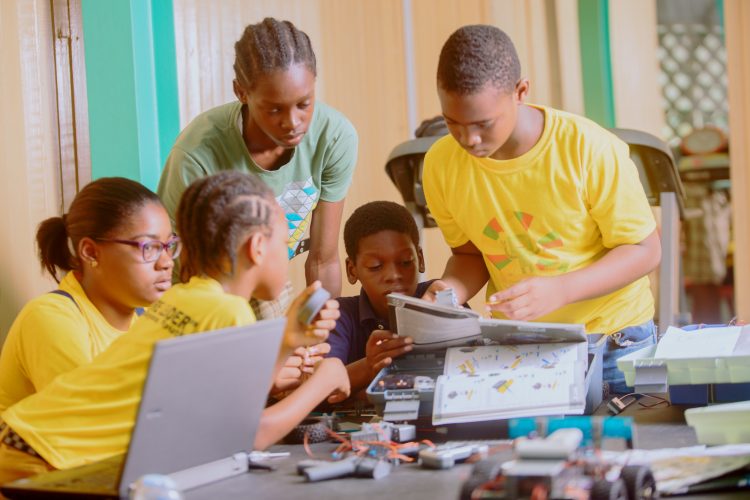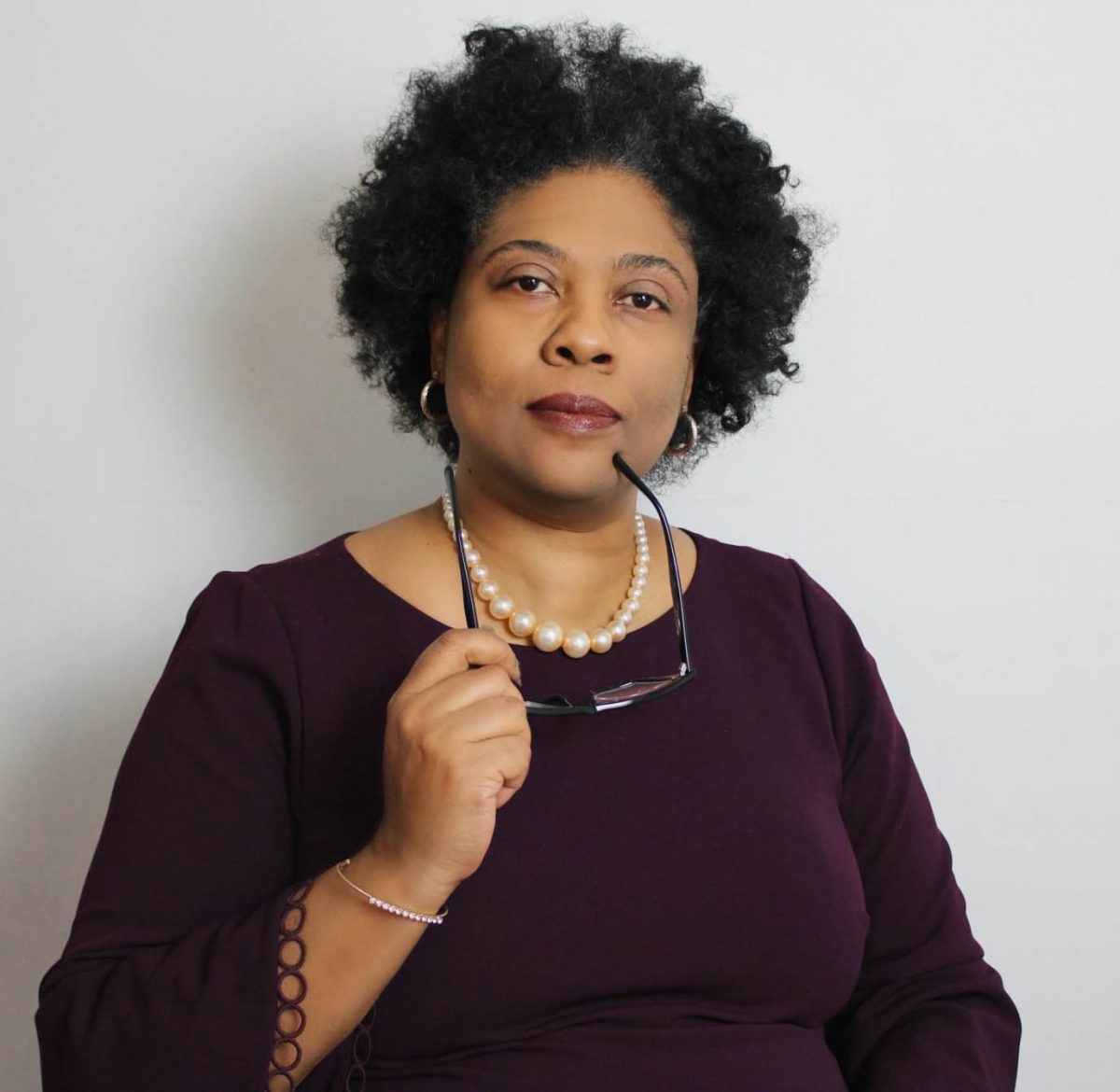As STEMGuyana enters its 5th year as a contributor to helping to fill “the Technology Education space in Guyana,” its founder, Guyanese-born Karen Abrams, believes that the organisation “is poised to make an even more significant contribution to mainstream education” in the period ahead. “Our goal is to work closely with the state-run education system to help improve educational outcomes for the country’s children.”
That ambition has already been preceded by STEMGuyana, during its presence here and working with several partners, it has trained two hundred (200) Stem Club Leaders and opened more than seventy (70) STEM Clubs across the country’s ten (10) administrative regions. “I honestly don’t believe that we could have asked more of ourselves,” Abrams told Stabroek Business.
Afterwards she pauses, allowing herself a generous intake of breath before speaking in measured tones about Team Guyana’s tenth place finish in the 2017 First Global robotics competition.

Up until now, she says, “that has been my proudest moment as a Guyanese.” Afterwards, she speaks of Team Guyana ‘walking off’ with the Albert Einstein gold medal at the 2019 STEM Competition in Dubai. “Sponsors, partners, parents, children and the STEMGuyana leadership have created a village of technology education excellence that our country can be proud of. What, together, we have demonstrated, is that Guyana’s children possess world class abilities. We have made the young people believe in themselves, too.”
More recently, one of STEMGuyana’s strategic objectives has been on helping to deepen academic engagement and improve educational outcomes for vulnerable children in Guyana. “We are seeking to achieve this through the development of a high-quality, after-school programme that engages vulnerable students by packaging custom-designed technology and integrated lesson plans into a mobile app tool. This provides lessons and automated assessments for students based on the project-based learning approach to education. The programme is being rolled out to small classes in thirty (30) communities in nine (9) of the country’s administrative regions. Of course, we continue to adhere strictly to COVID protocols.”
Abrams notes that whatever the challenges, the collective effort of the teachers, parents, and the various state institutions must be supported by the private sector if the country is to lessen the overall effect of COVID-19 on the country’s education system. Going forward, she does not hide her concern. “As the pandemic prepares to enter a third year, it is not just loss of learning but the possible knock-on effect that includes youth dropouts and the likely increase in crime and teen pregnancy that is worrying. There are also potential mental health issues here. In my opinion we find ourselves in a situation where no price is too high to pay for keeping our education system intact.”
She goes on. “With nationwide lockdowns and movement restrictions, children have spent years of their lives away from the kind of socialisation that is consistent with their social and emotional growth. I fear that the consequences will manifest themselves. We are ready to work with the Ministry of Education and with the system as a whole in order to mount the best response that the country can to this situation,” Abrams assures.
Having to “pause all in-person STEM club activities across Guyana,” has been, Abrams says, the organisation’s biggest regret. “Frankly, we’re now completely focussed on complementing the Ministry of Education’s mission of improving the country’s educational outcomes. We have created an academic model which includes a Virtual Parent Academy – where parents are encouraged to refresh themselves with ten-minute lessons in Math, Science & English to help them to work with their children. There is also an opportunity for parents to learn about the new technologies to which their children are being exposed.”
STEMGuyana, meanwhile, continues to work in partnership with a number of partners including the Department of Youth, and Tullow Oil, among others, to continually analyze and refine the effectiveness of its current programs.
The organisation has recently introduced the nation’s first automated assessment system which parents, teachers and club leaders can use to provide customised instruction to children based on their academic strengths and weaknesses. This programme is driven by online assessment exercises in Mathematics and English which provide immediate evaluations and detailed results. “We feel particularly privileged to be involved in supporting the overall growth and development of the country’s education system particularly at a time when there is a stern global challenge to education delivery,” Abrams declared.








